World Oceans Day 2018 – The Scourge of Plastic Pollution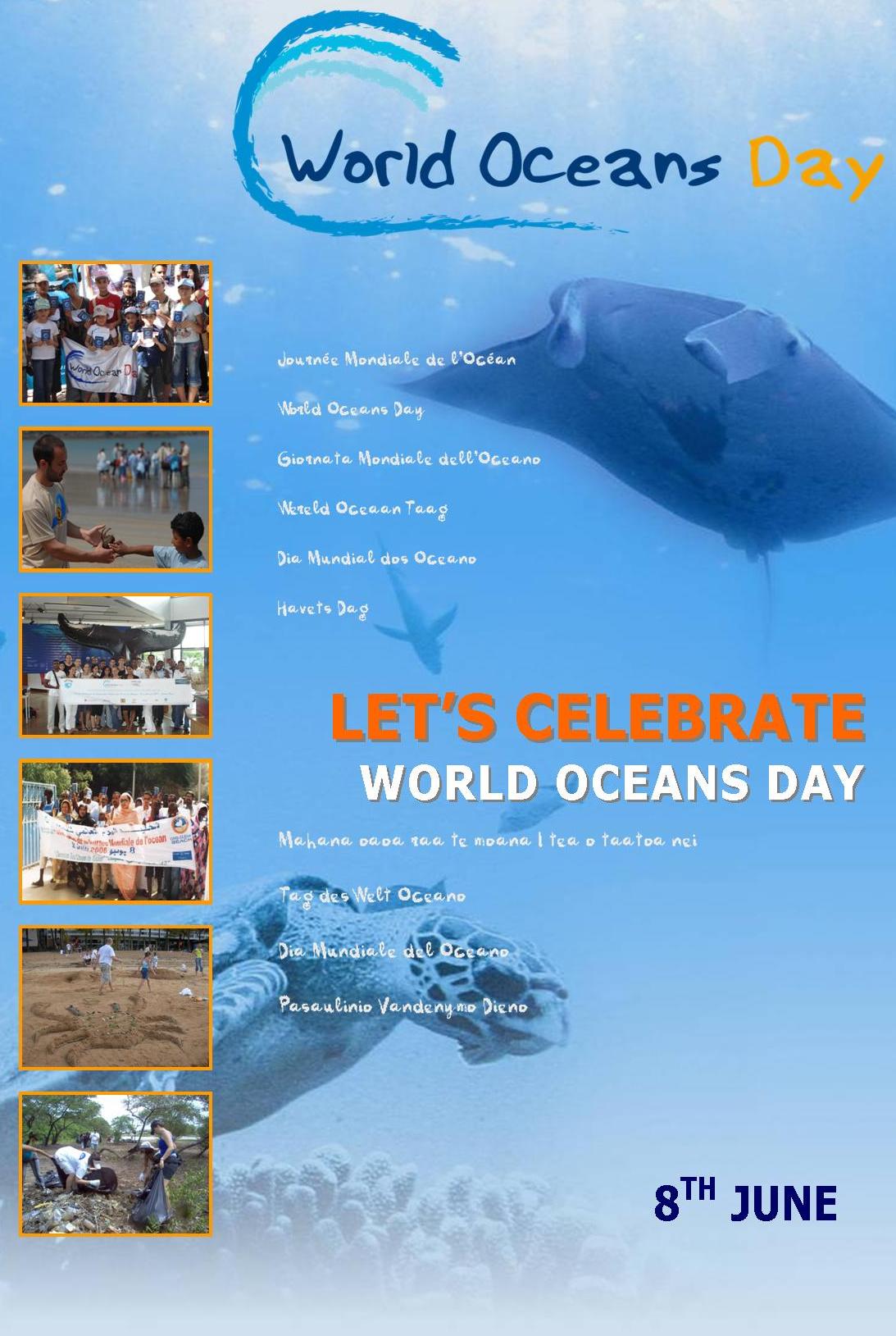
World Oceans Day is held every year on 8th June to raise awareness of the vital importance of our oceans and the role they play in sustaining a healthy planet. A global celebration, it looks to bring people and organisations together across the globe in a series of events highlighting how we can all help protect and conserve the oceans.
Originally an idea put forward by the Canadian Government at the 1992 Earth Summit in Rio, World Oceans Day has been organised by the Ocean Project group since 2002. In 2008 the day gained official recognition from the UN General Assembly, a boost in raising the profile of the day and its goals. The number of countries and organisations who mark World Oceans Day grows each year in recognition of the importance of oceans worldwide.
In 2018 World Oceans Day aims to focus attention on the scourge of plastic pollution in our oceans. Free resources are available to download to help illustrate the many problems surrounding plastic pollution, plus ideas and tips on how to raise awareness of the subject at your events. From film screenings to art, beach cleans to festivals, events across the world will be held to mark the day.
Source : Text : www.awarenessdays.org Image : temanaotemoana.org
Will you stop using single use plastic bags, bottles and straws to help our ocean?
Plastic trash is a serious problem for our ocean, and especially all the animals that call it home, but together we can be part of the solution.
Source: Text: www.worldoceanday.org
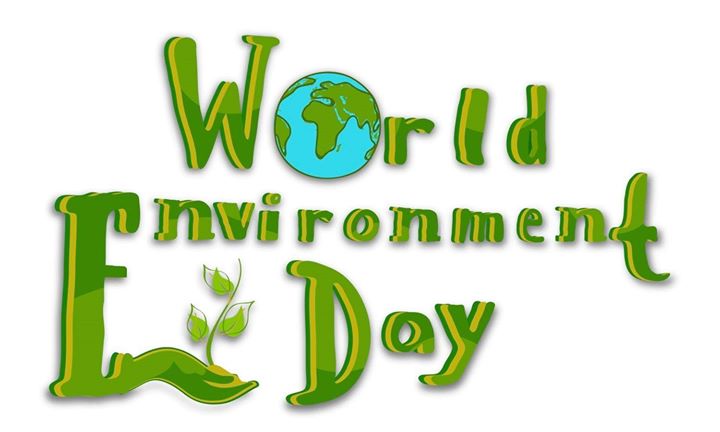
 “Beat Plastic Pollution”
“Beat Plastic Pollution”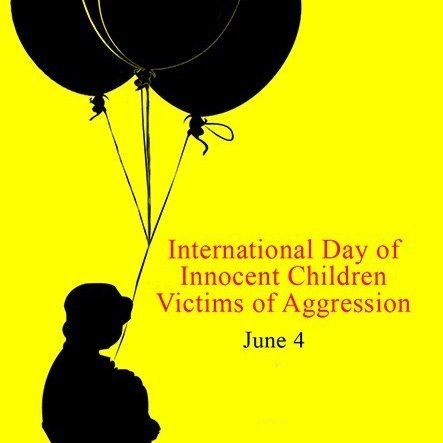 The United Nations’ (UN) International Day of Innocent Children Victims of Aggression is observed on June 4 each year. The purpose of the day is to acknowledge the pain suffered by children throughout the world who are the victims of physical, mental and emotional abuse. This day affirms the UN’s commitment to protect the rights of children.
The United Nations’ (UN) International Day of Innocent Children Victims of Aggression is observed on June 4 each year. The purpose of the day is to acknowledge the pain suffered by children throughout the world who are the victims of physical, mental and emotional abuse. This day affirms the UN’s commitment to protect the rights of children.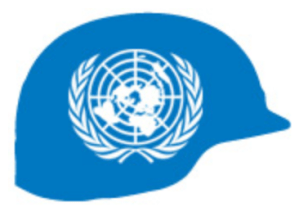 « United Nations peacekeeping is a proven investment in global peace, security and prosperity. Together, let us pledge to do all we can to enable that mission to succeed. » —
« United Nations peacekeeping is a proven investment in global peace, security and prosperity. Together, let us pledge to do all we can to enable that mission to succeed. » —  The United Nations’ International Day for Mine Awareness and Assistance in Mine Action is observed on April 4 each year. This day aims to raise awareness about landmines and progress toward their eradication.
The United Nations’ International Day for Mine Awareness and Assistance in Mine Action is observed on April 4 each year. This day aims to raise awareness about landmines and progress toward their eradication.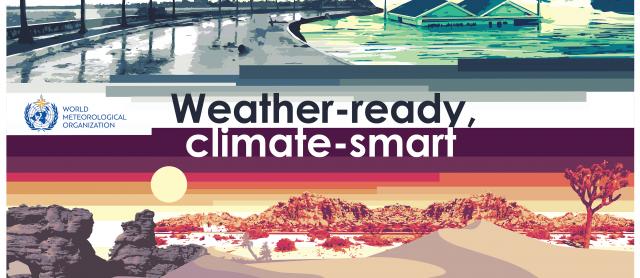 The United Nations’ (UN) World Meteorological Day is annually held on or around March 23 to remember the World xMeteorological Organization’s establishment on that date in 1950. Many different activities and events are organized for this occasion.
The United Nations’ (UN) World Meteorological Day is annually held on or around March 23 to remember the World xMeteorological Organization’s establishment on that date in 1950. Many different activities and events are organized for this occasion. The United Nations’ (UN) International Day for the Elimination of Racial Discrimination is observed with a series of events and activities worldwide on March 21 each year. The day aims to remind people of racial discrimination’s negative consequences. It also encourages people to remember their obligation and determination to combat racial discrimination.
The United Nations’ (UN) International Day for the Elimination of Racial Discrimination is observed with a series of events and activities worldwide on March 21 each year. The day aims to remind people of racial discrimination’s negative consequences. It also encourages people to remember their obligation and determination to combat racial discrimination.

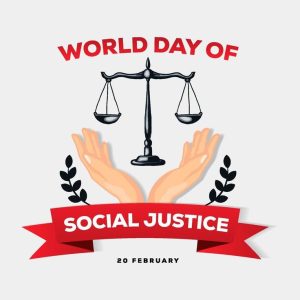

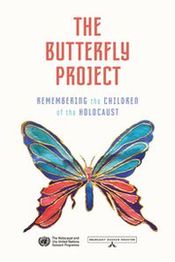 the Holocaust”
the Holocaust”